OnBot Java Tutorials
This is one of the Penguineers' programming tutorial series. This series goes beyond just normal FTC programming basics and hits the deep nuances of methods and challenging processes in OnBot Java.
Learn More
This is one of the Penguineers' programming tutorial series. This series goes beyond just normal FTC programming basics and hits the deep nuances of methods and challenging processes in OnBot Java.
Learn More

A step-by-step guide to building and implementing your custom TensorFlow Model into both OnBot Java and the autonomous period.
Learn MoreHere are some great programming resources from FIRST's very own resource page. They are great for new and old teams alike and have a broad array of concepts covered.
Learn More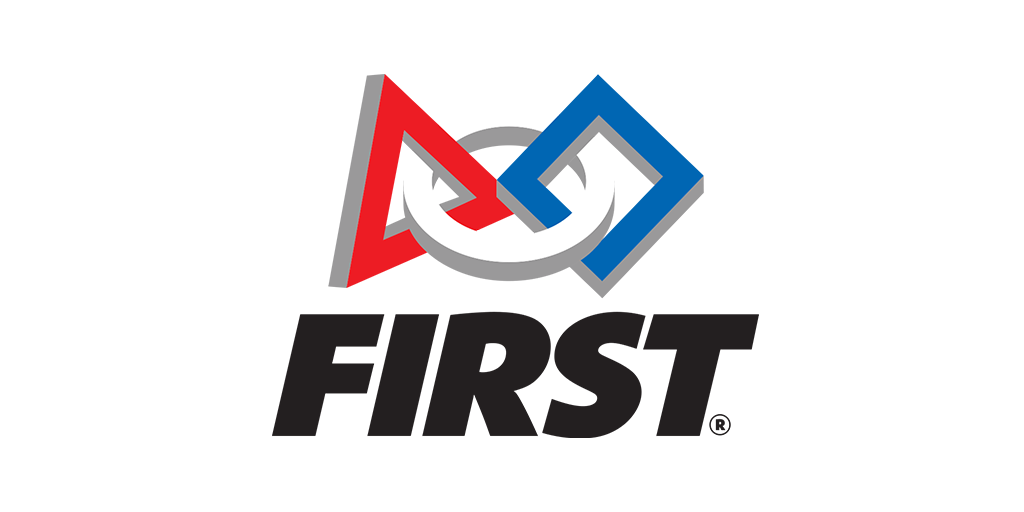
-Logo.wine.png)
OnBot Java Programming Tool is a text-based programming tool that lets programmers use a web browser to create, edit and save their Java op modes. This tool is recommended for programmers who have basic to advanced Java skills and who would like to write text-based op modes.
Learn MoreAndroid Studio is an advanced integrated development environment for creating Android apps. This tool is the same tool that professional Android app developers use. Android Studio is only recommended for advanced users who have extensive Java programming experience.
Learn More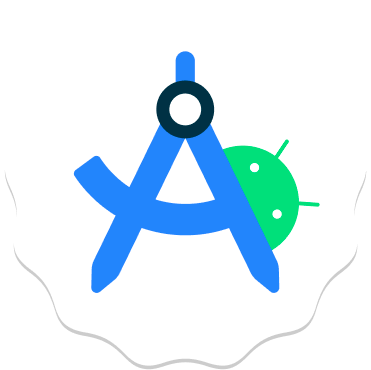

This tutorial will take you step-by-step through the process of configuring, programming, and operating your Control System. This tutorial uses Android Studio to help you get started programming your robot.
Learn MoreThe goal of Game Manual 0 is to create a comprehensive guide for FTC teams. Physical resources for FTC are few and far between, and online resources are scattered across the interwebs. Typically, the largest inhibitor for newer teams is the lack of knowledge base, as robotics is a relatively new STEM field. New teams also have not made connections to experienced teams who might mentor or offer advice throughout the season. Thus, they are left in the dark to figure things out, seemingly with no way out. While the journey of learning cannot be shortcut, Game Manual 0 seeks to address these shortcomings by providing a starter’s guide to the hardware and software in FIRST Tech Challenge.
Learn More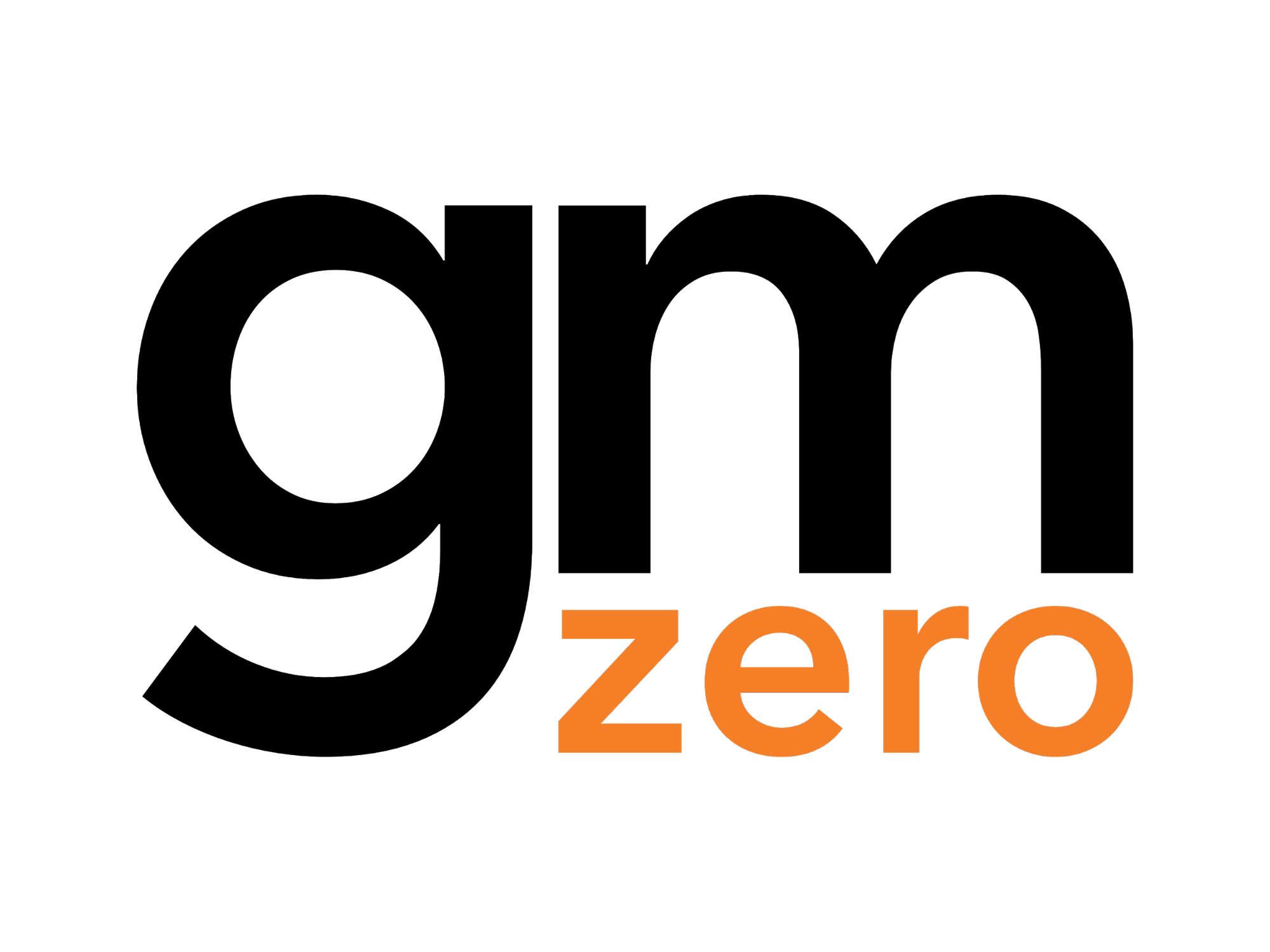

Programming with robotics can be hard and admittanly requires different practices than normal Java programming they might teach you on W3 schools or in a class. Luckily, there is a book that teaches Java for an FTC perspective instead of a general perspective so one can learn all of the benefical FTC programming pratices. Here it is!
Learn MoreThe FTCSIM is a fun way to get to learn about programming. It is a simulation and game-fueled resource that enables users to learn the basics of OnBot Java and Block programming in a game-like setting.
Learn More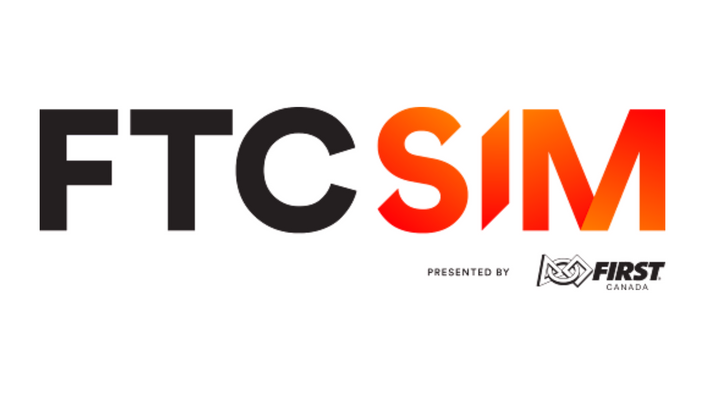
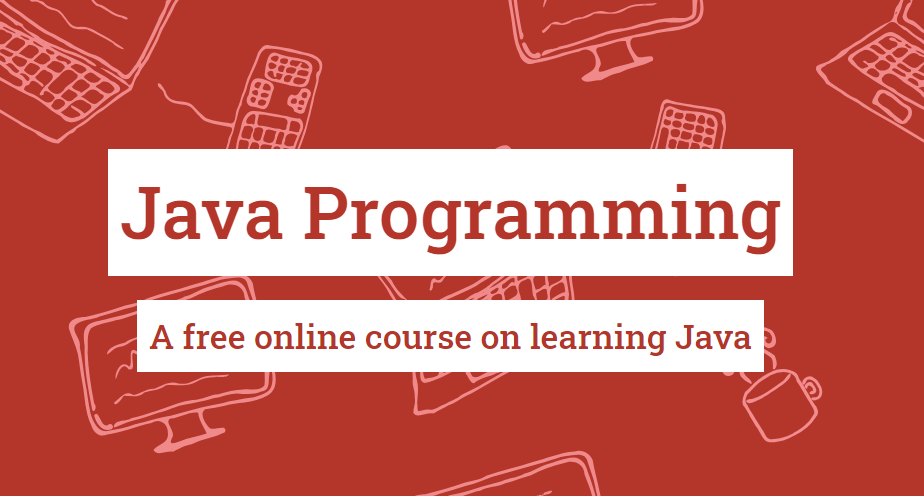
During this course, you will learn the basics of computer programming, along with algorithms and object-oriented programming through the Java programming language. The course includes comprehensive materials and plenty of programming exercises
Learn MoreHere are some FTC programming tutorials made by the great Artemis Robotics team. They are great for begginers and with helping one get integrating into the FTC programming sphere.
Learn More
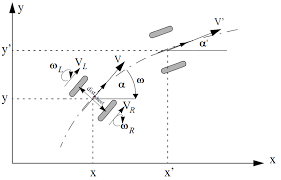
Here is PDF dedicated to explaining the basics of odometry impleentation into FTC Robotics. It covers and derives the math and code behind each of the algorithms necessary for MEchanum wheels and normal wheels.
Learn MoreThis project is an initiative to push the FIRST api to its absolute limits, and to give access to functionality and methods not normally exposed to the user
Learn More
FTCLib is a library designed to be the only library you'll need for FTC programming. With FTC, there are a ton of libraries that not many people have heard about, especially rookie teams who are just starting. The goal of FTCLib is to improve the initial programming experience for new members as well as greatly enhance the efficiency of code for veterans.
Learn More
Odometry is a challenge for many newer teams in FTC, but if you know it, it can be very advantageous to your robot's performance. Here is a general guide on how to implement odometry into a robot with mechanum wheels.
Learn More